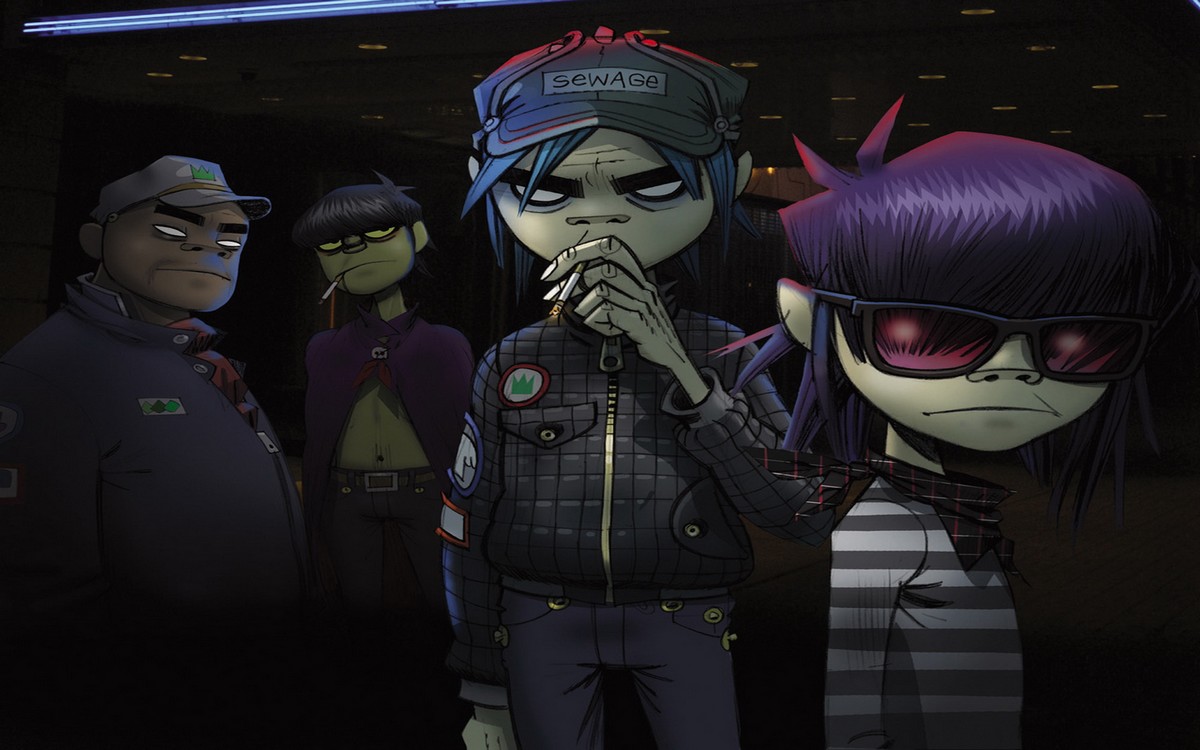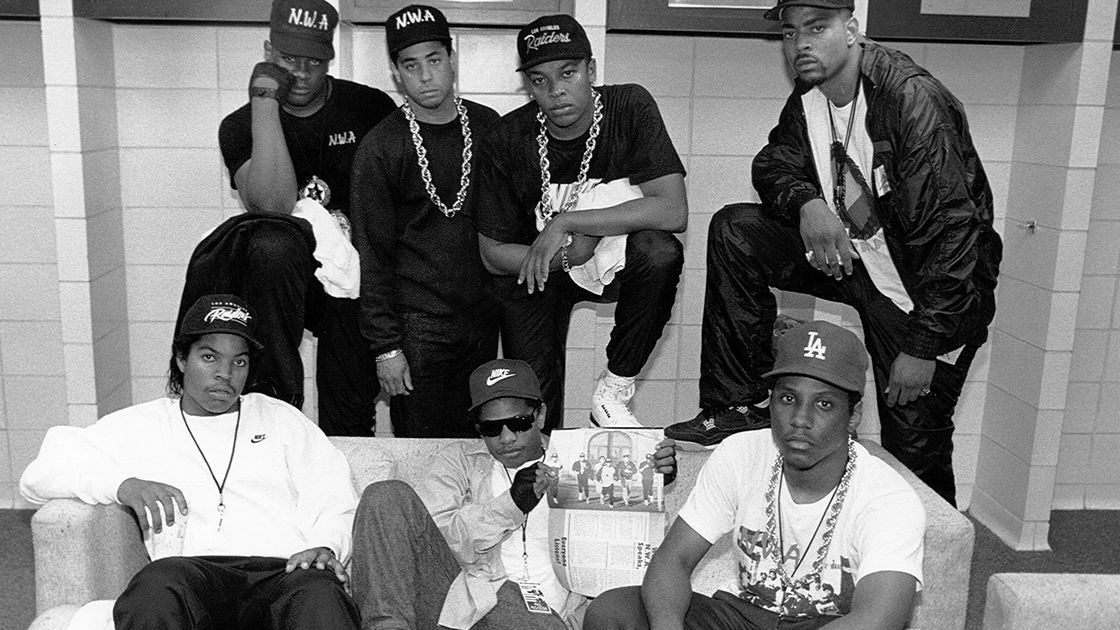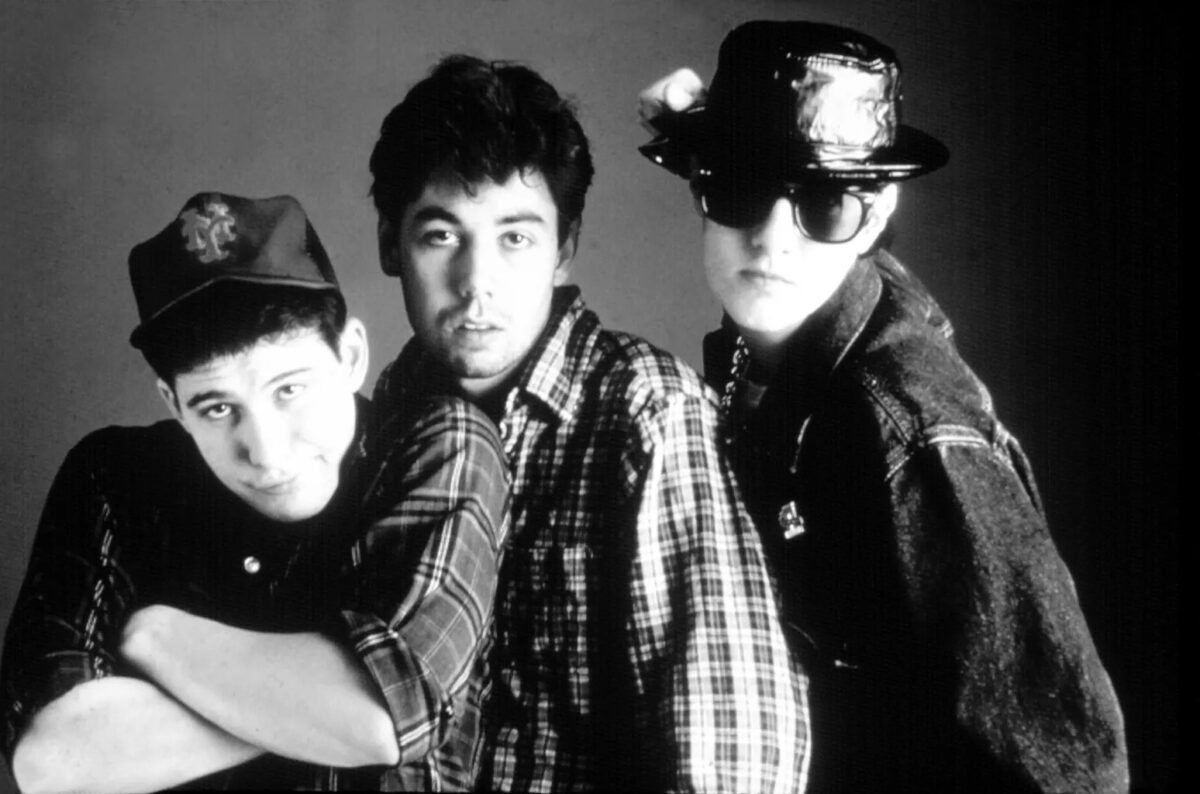Rhythm as architecture
Built around a sample of Israeli vocalist Ofra Haza’s eerie voice and a bassline pulsing with a low-end groove, the beat comes in like a hypnotic tide. With surgical accuracy, Eric B. establishes the groundwork then loops sound snippets into a rhythmic mantra to keep the audience in place. Every component locks in with the next to produce a trance-like pattern that feels both infinite and meticulously timed. Rather than explode, the drums move—a constant current that welcomes immersion, head-nodding, and movement. There is room in the mix; every second of silence between the examples seems as deliberate as the sounds itself.
Arriving like a quiet oracle, Rakim’s voice rides the rhythm without seeking it. His methodical and composed delivery puts terms exactly where they need to fall. His strength is in command; shouting or fireworks are not necessary. Every rhyme hits with the weight of someone who knows what he’s saying and doesn’t need to prove it. In 1987 this tone felt like a fracture. Rakim brought tranquility and clarity at a moment when energy often referred to volume and speed. Writing with a pen dipped in philosophy and street smarts, he packed sophisticated constructions into verses that seemed simple.
Coldcut, a British DJ duo, behind the scenes totally reinvented the original song. A sonic collage, the “7 Minutes of Madness” remix is a wild patchwork of cuts, scratches, echos, and tiered loops. With a surgeon’s hand and a pirate’s heart, they hacked the beat and transformed the music into something more erratic and digital. It was one of the first times a remix felt like a distinct art form. This version converted dancefloors into spinning orbits in clubs from London to New York, drawing dancers into its whirlwind. It linked hip hop and the experimentally dance scene just starting to grow.
That was the best remix I had ever heard.
(Rakim, 1987)
“Paid In Full” appeared during a turning point. Producers started to consider records as raw stuff to mould, hence sampling technology was changing. Eric B. and Rakim welcomed this change, transforming worldwide voices and dusty grooves into a global message. The structure of the song hinted at what DJ culture could grow to be: fluid, boundaryless, erratic. It was not designed for radio use. It lived in dark rooms filled with smoke and perspiration, where the bass rattled walls and the rhythm struck the chest like a slow heartbeat. It lived in sound systems.
Eric B. met Rakim through a Queens-based mutual connection. Writing verses on bits of paper in his mother’s living room, Rakim was still in high school. On a four-track machine, they recorded early demos and within months had altered the sound of hip hop. This first experiment led their legacy to develop; “Paid In Full (7 Minutes of Madness)” is still a timestamp, a looping memory of a pivotal moment. It does not shout its relevance. It just runs again and again like a coded message inscribed on vinyl.




